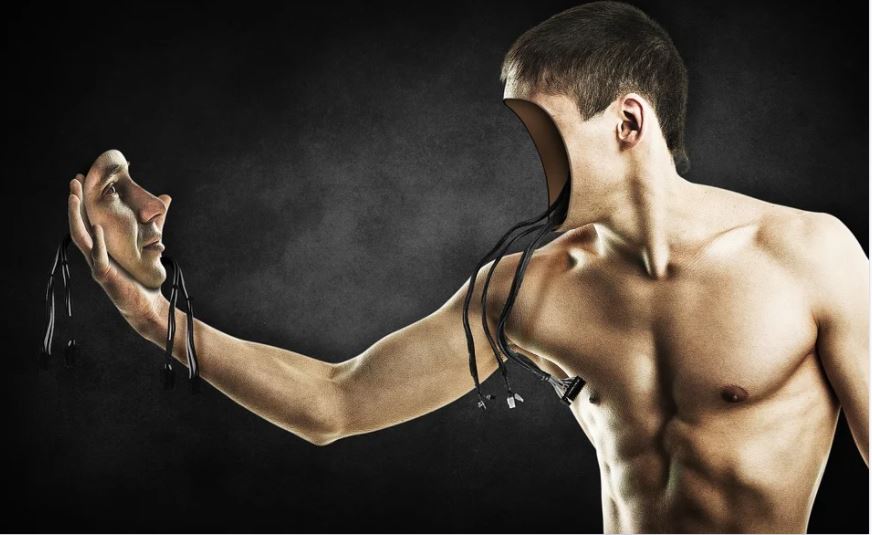Job interviews over Zoom, Google Meet and other videotelephony have become very common since the coronavirus pandemic.
A growing number of blue-chip companies are using chat bots and AI-led video interviews to assess job candidates before a human recruiter even meets them.
Join our WhatsApp ChannelWith 86% of companies saying they have used virtual technology in the hiring process, recruiters have been using artificial intelligence, AI for a while to automate candidate searches or screen resumes.
Indeed, technology has made everything possible.
Kevin Parker, ex-CEO and now an adviser at HireVue, a leading video interview company, enthused: “Everything is moving to chat.”
According to Parker: “Someone looking for a new job might scan a QR code on a hiring poster Saturday night, kicking off a chatbot conversation about their experience and an invitation to apply with a video interview on Sunday.”
“You can complete the entire application process before work starts Monday morning — all while your interest is high,” he concluded.
All these translate that in the near future, robots would replace the human interviewers for good. Already, candidates are being assessed by a computer algorithm in AI-led video interviews. They’re evaluated not just on their answers to the interviewer’s questions, but sometimes also on their facial expressions, intonation and word choice.
However, many interview candidates are yet to come to terms with this new next. They do not know whether the interview they are in for is actually an automated job interviews or human. For the candidates, these interviews make them behave more like the faceless robots they are even trying to impress — and ruin their chances of getting hired.
According to a new research published in the Harvard Business Review: “Because many job-seekers did not understand the technology that was being used, their default was to perform in a rigid way — holding a fixed gaze, a fake smile, or unnatural posture; speaking with a monotonous voice; and holding their hands still” — in short, behaving like robots.”
Speaking about the latest technology, an AI interviewee Caron Mitchell, observed: “The whole process was unnerving and demoralizing.”
Of the robotic interviewer, Mitchell narrated: “You’re at a tremendous disadvantage as a candidate when it’s a one-way street. I’m used to reading people, and there was nothing there for me to read.”
Asked to rate the ‘robots recruiter,’ she said: “The interview went poorly. “I was so focused on the clock, and making sure that I was answering the question, that I couldn’t just relax and be myself.”
A week later, she reportedly got an email saying she was no longer being considered for the job. Mitchell then announced, it was no surprise that she did not get the job.
Apparently, this would be a strong shortfall, which the makers of the latest technology must grapple with. Mitchell just like many others who have experienced the process has got doubts on how exactly they were assessed. Did anyone in the HR even see them? Or was it just the algorithm that was programmed by the same human that rejected them?
Without much ado, the AI systems are vulnerable to bias because data used to train prediction models may be limited or even faulty. Special note must also be taken because humans were the ones who trained these robots so ‘our latest HR’ may reflect the biases of the humans involved.
It will be recalled that in 2018, Amazon abandoned a computer programme that used machine learning to score job applicants after developers realised that the tool discriminated against all female candidates. How do we explain this?
While the AI in the human capital ‘sector’ is most welcome, the best recommendation would be that these nerds tread softly on this speed lane. Combine the machines and human to make sound judgment on who gets the job. Do not leave it in the hands of the bots alone. The human factor can never be divorced in AI no matter how smart we try. Humans remain the programmers anyway.


















Follow Us